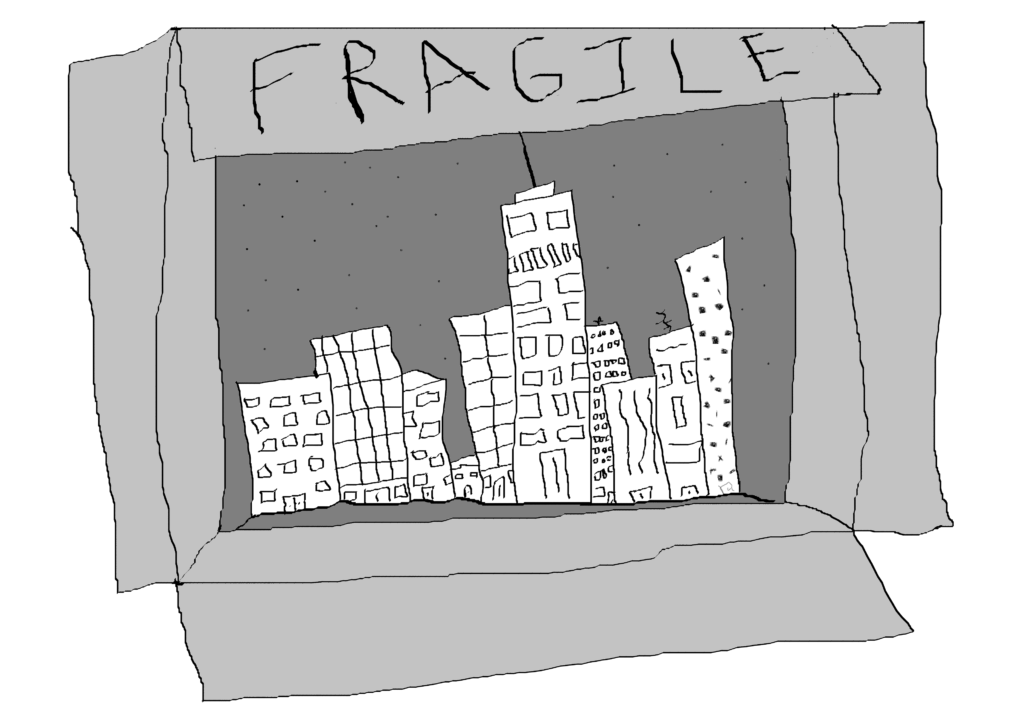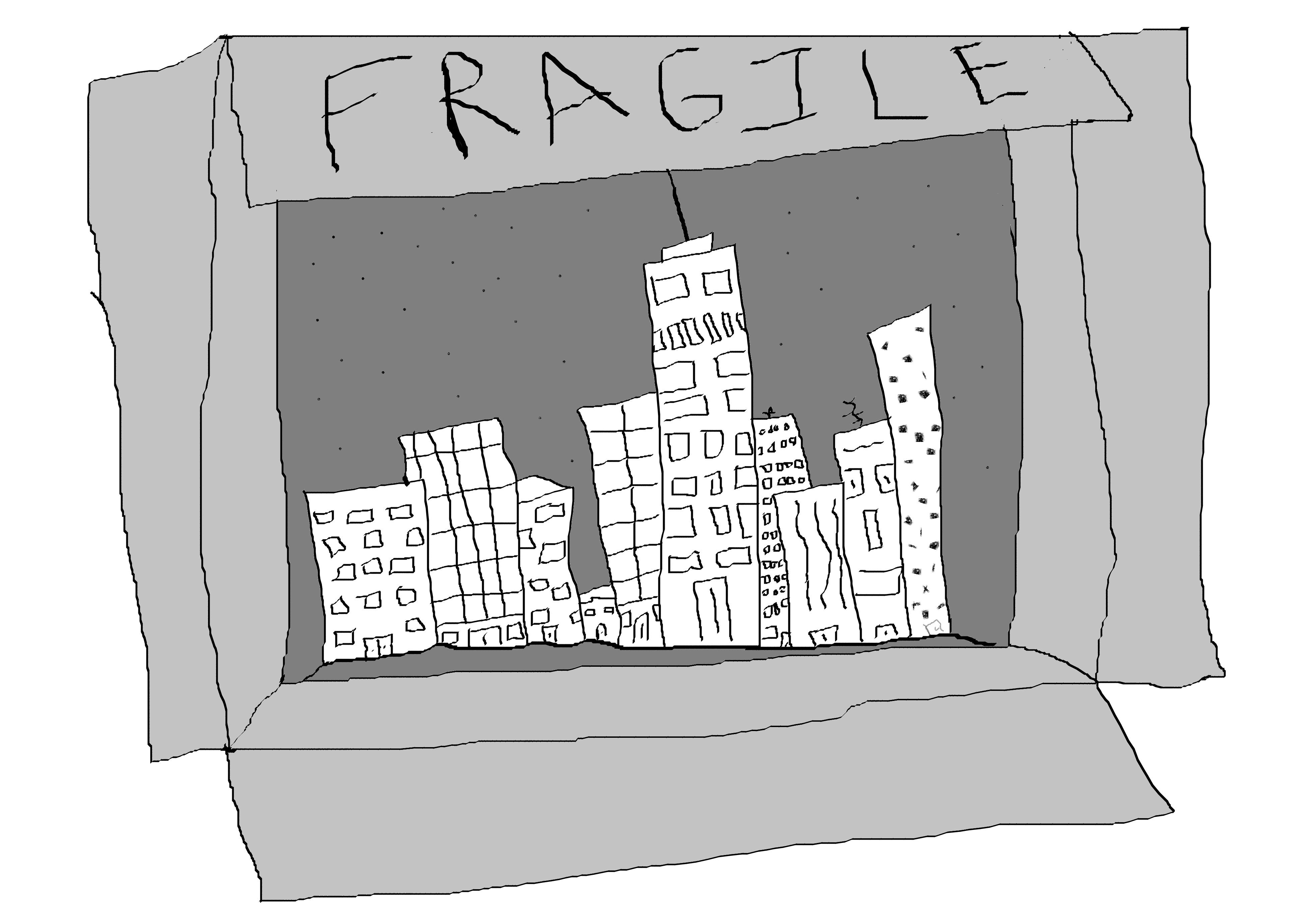
BoxMan
Still laughing, as I type . . . I know, I’m always saying that—this time because I haven’t even read the book I’m talking about, Box Man . . . On the topic of writing my latest, my new novella, House of Hunger. One of the many subplots I had to cut was about helping my pal Abdul, he was trying to adapt and shoot a student-film version of Box Man, by Kobo Abe. This of course ended in failure. A lot of that was my fault, not to get too far into it. But typical of me back then, I never opened the book, or read it. Instead, I carried it around, thumbing the pages. Imagining, as usual, looking at the author’s photo, it was the guy from the pic, that it was actually Kobo Abe, shivering on the sidewalk, curled up in a cardboard box. Back in 1996, in my dorm room, over and over, reading that cool-cool back cover copy:
“. . .eerie and evocative (sic), the nameless protagonist gives up his identity and the trappings of a normal life to live in a large cardboard box he wears over his head . . .
From undergrad, Iowa City, to grad school in New York. School ended up being the easy part. I had the diploma, and the big idea, burning in mind, I was going to be a writer. But from there it took another eight years, almost a decade, before I could sit down and finish a single short story . . .
So here’s the hook. For my 50 year-old, still-strugglers out there. For the 21 year-old idiots, like me back then, you can’t stomach the politics, circle-talk and puffery, you want to just get down to writing stuff that feels real. For everyone in between, for anyone interested. Here’s the single, specific idea, step-by-step, that allowed me to break through, to open my own little portal into this actual, literary world.
And who knows where Abdul is now. But is this an essay about friendship or writing? Or failure? Jump to 2007. More failure! An all-enveloping theme. By this point I’d choked and failed at so many things it was like a blur. “wandering the streets of Tokyo and scribbling madly on the interior walls of his box . . .
I see myself back then, teeth clenched. My fucking, messenger bag. Trudging around Brooklyn on near-silent streets. So much failure! But my secret shame was embedded within this identity I’d chosen for myself as a writer. I had the MFA, that was supposed to certify something! I called myself a writer, almost a decade in, and yet I was still unable to complete even a single story. On any subject! Of any length or quality! As always, that widening gulf, between reality and who or what you think you should be. At 26 I’d already self-destructed my way out of the corporate world. Twice. My career as a freelance grinder was a comedy of errors—near-shouting matches with editors via email, delivering stories that were inevitably, comically, dozens, even hundreds of words over the limit—either that or white dudebro types, they liked me, who’d obligingly take whatever I sent, any condition, and proceed to chop, hack and rewrite it, so much so the resulting byline would leave me feeling idiotic, as if I was being puppeted, or somehow betrayed.
Meanwhile I’d gotten a girl pregnant. I was working for minimum wage in the warehouse of a bookstore. But if I could sit down, finish a story, something of my own, that could mean everything. Fumbling, gasping for life. I abandoned the conventional logic, almost by default. All ideas of career, prospects. Some shift or breaking point in there, that I can’t even clearly remember. But I decided, I was going to figure out this writing thing. At all cost.
“He describes the world outside as he sees or perhaps imagines it, a tenuous reality . . .
Because sooner or later, you have to begin writing. I had a day-job, also a three year-old, who I was responsible for most of the weekend. I couldn’t lock myself in a room nor could I chomp on adderall, or wait for a block of vacation time to binge out. This was my reality. But I could, I reasoned, sweep everything else aside, if not physically then at least in mind. This one idea. Guy goes home with a girl he meets at a bar in Hong Kong. He can’t speak Cantonese, they can barely communicate. A comedy of errors ensues, he ends up staying at her apartment for weeks . . . These were images I’d turned over in my head, over and over, for months, years. Tinkering, embellishing, coming back to the same scattered brainstorm of notes and scenes I had for this story. One way or another, sooner or later, you just had to begin writing . . .
Scoot up to the desk, baring down. In that I was never short on ideas. Like the onset of a fever. Writing, in this case typing, spewing in monologue what would end up being still more words, more ideas! Thousands(!), but really right at or about 1000 words, where I’d always start to feel myself writing in circles. In my freelance writing pursuits, I’d blow way past the word count, just send it in. Too constrictive! That was the thinking. And that was also the problem! I could see Chien Lien, how she laughed and walked. Hong Kong, all of it. But always as if every idea I had was too big, too much to contain in a few thousand words. At the desk in front of the computer, then lying on the floor, staring up at the four walls. Ok. Different tack. Divide a book into chapters. Right? Play it out. Each chapter, to paragraphs. Paragraphs, sentences. Now, a single paragraph, even a bloated one, still felt manageable enough. And if nothing else, felt I could always comfortably build and get what I wanted from at least a single sentence. Hm. I got up, sat back down at the desk. Start from the beginning. Forget Hong Kong, start with numbers. A 1500 word story. For the sake of easy math, five movements or paragraphs that break down not “roughly”, but precisely, like so:
200
130
320
500
200
150
I couldn’t remember ever having conversations like this, Grad school, in MFA workshops! To get from point A to Point B, step by step. Each step is a paragraph. Organize, count the words. Figure out the exact number of steps I needed to finish the story. Then what if I climbed inside each one and locked myself in. That Kobo Abe book I used to carry around in Iowa City. Not a paragraph, more like a box . . .
Epilogue. I was 32-33, late bloomer, but finishing that first story opened the floodgates. More than fame or fortune, this was what I dreamed about. I was loose. I was now finishing a new story every few weeks to a month, and I started sending these out everywhere rapid fire. In a few more years, I had stories online somewhere almost every month, and from there I was contacted by Hobart SF/LD, asking if I had enough for a manuscript. Which would become my first book . . . That much to say, as a writer, maybe it’s a kind of linguistic game you’re always gonna have to figure for yourself. Much less about workshops and aphorisms, quote-unquote, finding one’s voice. Maybe you gotta build your own metaphors, decode the world as you see it. But back to that moment, right after finishing that first story. Standing in my kitchen, a few hours before dawn. Wide-awake, buzzed with excitement. I was still unpublished, my life still in shambles. But I felt I’d be fine, even remaining a struggler all my life, now that I’d found the path. I had a method. Though, obviously, this was still just the beginning.
By the way, that first story is called Sleep Tickles. Fun fact, the paragraph breakdown I used was simpler, actually 700×6. For a little twist, the example I used above is the box-by-box breakdown of the actual essay you’re reading! For those counting along, here’s a hint, each dot in an ellipse counts as a word. And here’s the endpiece:
In this eerie and evocative masterpiece, the nameless protagonist gives up his identity and a normal life to live in a large cardboard box he wears over his head. Wandering the streets of Hong Kong, then New York, scribbling madly on the interior walls of his box, he describes a tenuous reality that seems to include an unpredictable future, seductive, unbelievable women, and another, regular man, living a regular life, who in fact could be the box man himself . . .
This year I promise! Gotta read that book!
